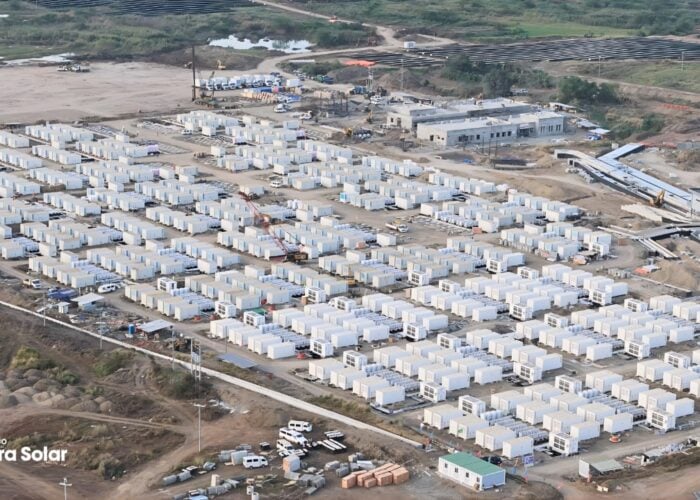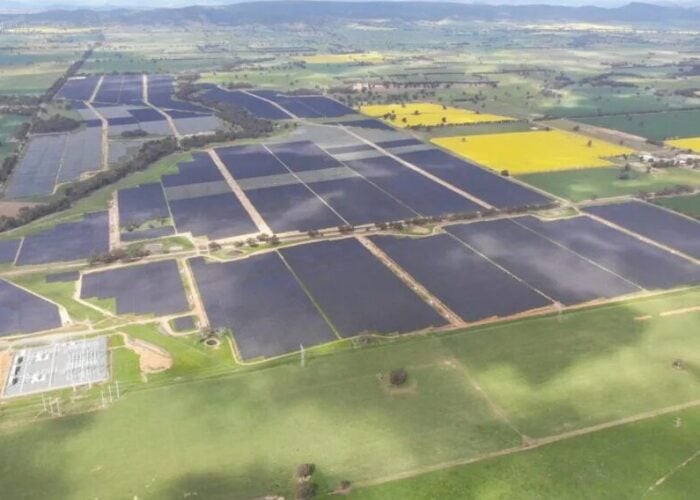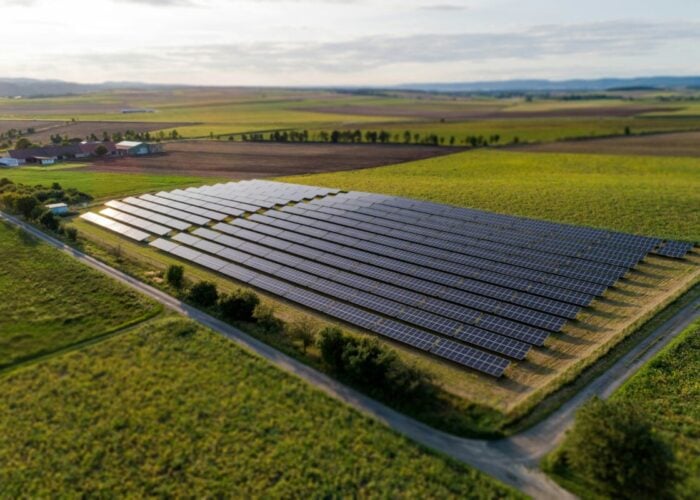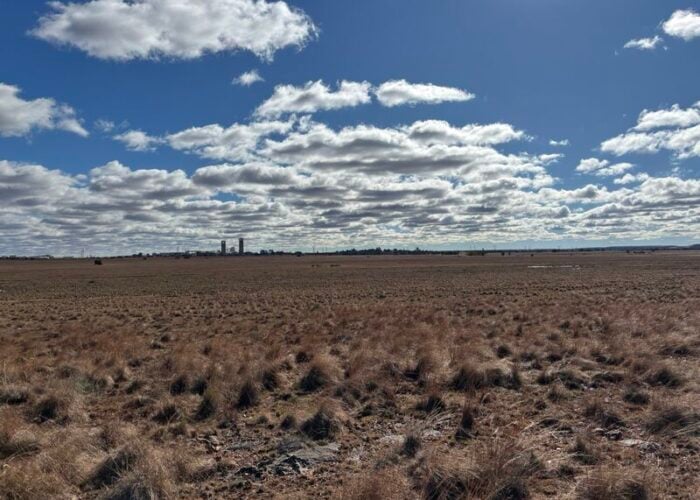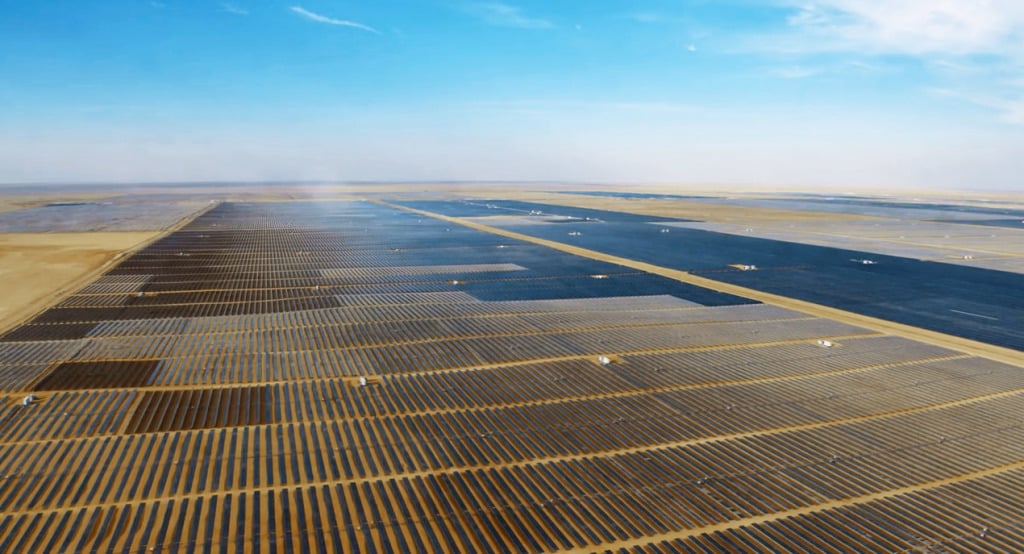
John van Zuylen, CEO of the Africa Solar Industry Association (AFSIA) told PV Tech Premium this week that solar power is the “ideal” technology type to improve electricity access in Africa, as the continent has passed the milestone of 20GW of operational solar capacity.
This is the latest headline figure from AFSIA, which has published its latest report into the African solar sector, including figures from the first half of this year. The continent’s solar sector has gradually shifted from a reliance on commercial and industrial (C&I) additions to growth in the utility-scale sector, with African developers adding 1.7GW of utility-scale capacity in 2024.
Try Premium for just $1
- Full premium access for the first month at only $1
- Converts to an annual rate after 30 days unless cancelled
- Cancel anytime during the trial period
Premium Benefits
- Expert industry analysis and interviews
- Digital access to PV Tech Power journal
- Exclusive event discounts
Or get the full Premium subscription right away
Or continue reading this article for free
When asked about this transition, van Zuylen told PV Tech Premium exclusively that an “absence” of conventional utility-scale projects had driven this imbalance, but that this absence is starting to be rectified.
“I believe the ratio we are witnessing today is closer to a ‘normal’ ratio,” he said. “By nature, utility-scale projects have a much higher weight in terms of megawatts installed.

“The real question in my opinion is whether national utilities across Africa will be able to improve their service of electricity supply and stability,” he continued. “Utilities that cannot improve will inevitably see more and more industrial and commercial customers install solar for their own consumption, because they need reliable power to operate.”
While C&I and residential solar have been smaller parts of the recent energy mix – AFSIA notes that the C&I sector saw just 675MW of capacity additions in 2024 – the prospect of small-scale businesses turning to solar projects as a source of cheap and reliable electricity is one that is seeing increased attention across the industry.
Earlier this year, Amaury Fastenakels, chief commercial officer at off-grid solar developer Bboxx, told PV Tech Premium that “the better way to solve [electrification] issues is to turn them into businesses,” and named businesses such as barbers and restaurants among those in Africa that could benefit from investing in self-consumption solar projects.
“In some countries, this move may seriously put at risk the utility, as poor service combined with solar becoming cheaper every day creates a snowball effect of ‘big customers’ leaving the grid,” added van Zuylen.
Utility-scale solar to account for 70% of new capacity additions
Looking ahead, AFSIA expects utility-scale additions to continue to lead the African solar sector. Historic trends in capacity additions per sector are shown in the graph below, and AFSIA notes that of the over 10GW of capacity currently in development in Africa, around 70% of this is in the utility-scale sector.
Of this pipeline, South Africa accounts for “only” 28% of the new capacity additions, a relatively smaller portion of the pipeline than in previous years. AFSIA noted at the end of 2024 that South Africa had accounted for 1.2GW of new capacity additions that year, around half of the total capacity added, so the shift towards other countries adding new capacity suggests a slightly more balanced African solar sector moving forward.
These positive forecasts come at a time when the global solar sector could see a slowdown in capacity additions. Figures from SolarPower Europe and the US Solar Energy Industries Association (SEIA) show that Europe is expected to see negative year-on-year growth this year for the first time in a decade, and that new solar installations in the US have declined by 7% year-on-year.
“The cost fundamentals play in favour of solar in Africa,” explained van Zuylen when asked about these contrasting trends. “Thanks to storage becoming significantly cheaper in the past 18-24 months, many solar projects which were previously commercially non-viable have now become possible and the best ‘financial’ choice for governments, companies and individuals alike.
“This new ‘affordability’, combined with the existing and growing need for more power, inevitably leads to more solar projects being built in the future in Africa.”
The growth of storage in the global solar sector is nothing new, with speakers at Solar Media’s Solar Finance & Investment Europe event earlier this year describing battery energy storage systems (BESS) as a “necessity” to make solar projects worthy investments. The fact that this trend is affecting Africa too is a positive development considering, as van Zuylen put it, “there is a general shortage of electricity” on the continent.
“There is a general shortage of electricity, combined with a low electrification rate,” he said, noting that around 600 million people of the 1.4 billion who live in Africa do not have access to electricity. “In developed markets, solar is considered as a way to decarbonise power generation or become less dependent on imported fossil fuel.
“Whereas in Africa, solar is mostly seen as the fastest and cheapest way to increase power generation and electricity access. Some African countries, which were historically heavily reliant on hydro, have recently been battling with water shortage and see solar as the ideal (and perhaps only) solution to this issue.”


